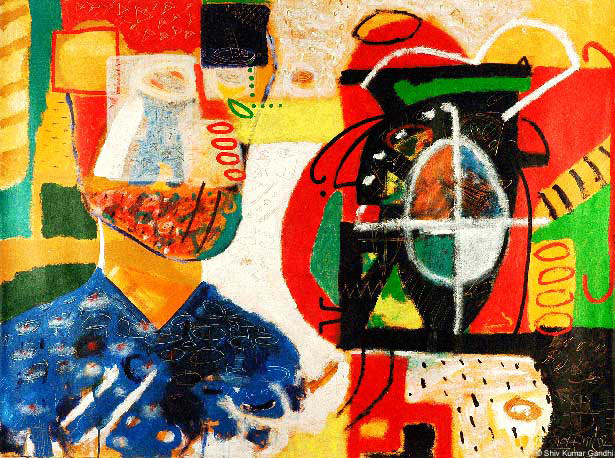आतंक के निजी आख्यान / Personal Narratives of Terror

|
जहाँ एक अर्थ में कुछ भी निजी नहीं है, ‘राजनीतिक’ या सार्वजनिक है वहीं एक दूसरे अर्थ में सब कुछ निजी है – यहाँ प्रस्तुत चारों आख्यान इसी ‘एम्बीवैलेंस’ के चार भिन्न उदाहरण हैं. समाजविज्ञानी टी.एन. मदन से सुधीर चंद्र की बातचीत जहाँ एक स्तर पर एक निजी, पारिवारिक स्पेस में कश्मीर में जारी चरमपंथ के दो पीडितों कश्मीरी पंडितों और कश्मीरी मुसलमानों के अनुभव को बयान करती है वहीं वह ‘प्रगतिशीलों’ और ‘उदारवादियों’ की उस अंधता को भी समझने की कोशिश करती है जो एक मानवीय त्रासदी के प्रति उन्हें उदासीन बना देती है और किसी दूसरी के प्रति अतिसंवेदनशील. एक अन्य पाठ में सुधीर चंद्र दुर्लभ, प्रेरणादायी साहस के साथ आतंक के सम्मुख अपने क्षणिक, निपट निजी विचलन को सार्वजनिक करते हैं.
मुम्बई में नवम्बर दो हजार आठ की त्रासदी की पृष्ठभूमि में अभिनेता, निर्देशक नंदिता दास और युवा लेखक वरूण के गद्य भी क्रमशः सार्वजनिक के निजी और निजी के सार्वजनिक में संक्रमण के बहुत ‘क्लोज़’ पाठ हैं. |
Whereas, in one sense, nothing is personal, all is “political” or public, in another sense everything is personal – the four narratives presented here are examples of this ambivalence. Sudhir Chandra’s conversation with sociologist T.N. Madan, on one level, tells of the experiences of the victims of the extremism in Kashmir (the Kashmiri Pundits and the Kashmiri Muslims) in a personal/familial space. On another level, it also seeks to understand the “blindness” of “progressives” and “liberals” which makes them indifferent to one human tragedy and ultra-sensitive to another. In another text, Sudhir Chandra, with rare, inspiring courage, confronts his own, completely personal, moment of fear in the face of terror.
The pieces by actor and filmmaker Nandita Das and the young writer Varun, against the backdrop of the tragedy in Mumbai, Nov. 2008, are also close-readings of the interbleeding between the public and the personal. * Click to ReadT.N. Madan In Conversation With Sudhir Chandra |